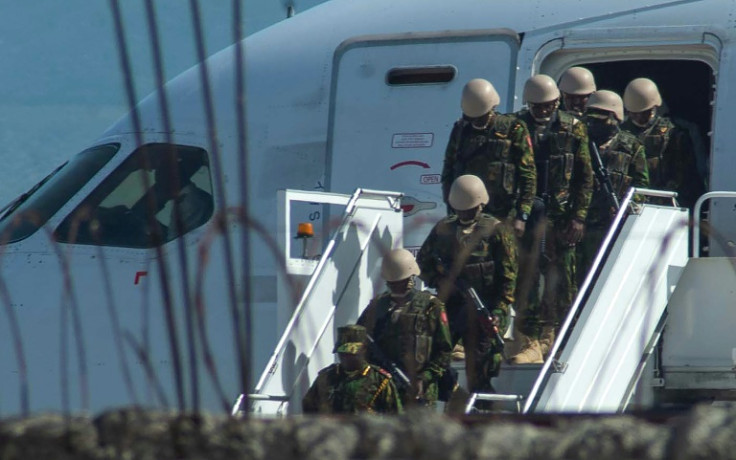
The Biden administration is halting its push to transform the Kenya-led security mission in Haiti into a formal United Nations peacekeeping operation, as the U.S. and Ecuador have not managed to secure support from China and Russia for it.
As a result, language proposing the transition to a peacekeeping mission has been removed from the latest draft resolution. The focus is now on renewing the mandate of the current Multinational Security Support mission for one year.
If the resolution is approved, the multinational force will remain in Haiti until October 2025. During negotiations, both Russia and China opposed any reference to transitioning the security mission into a peacekeeping operation, arguing that the current mission must reach full capacity before such a shift could be considered.
The mission, which currently includes a little over 400 foreign personnel, primarily comprised of Kenyan police officers and a small contingent of Jamaican soldiers, has struggled due to a lack of financial support.
The Biden administration had hoped to pursue the peacekeeping route because it would secure funding. The effort was supported by Haiti's presidential transition head, Edgard Leblanc Fils, who called for "global solidarity" during his speech at the United Nations General Assembly last week.
Haiti's struggle with armed gang violence has forced many residents to migrate to other countries for a better life. U.N. Secretary-General António Guterres has previously called Haiti's crisis "a human tragedy with a very well-known history."
The financial burden of the mission has been a major challenge. The U.S., which has contributed over $300 million, has faced difficulties in convincing other countries to contribute to a UN trust fund intended to support the operation.
Kenya has estimated the mission's annual cost at $600 million, but other nations have been reluctant to provide significant funding. China, despite being the second-largest financial contributor to the UN, has not shown interest in aiding the mission, while Russia has consistently opposed U.S. efforts to address international crises, including in Haiti.
The upcoming vote will likely extend the Kenya-led mission but leave the U.S. responsible for much of the financial burden for another year.
© 2024 Latin Times. All rights reserved. Do not reproduce without permission.









